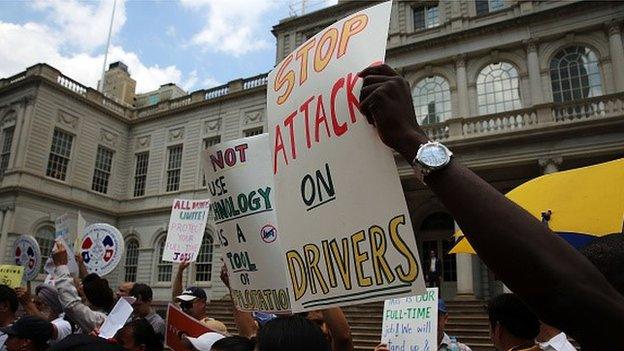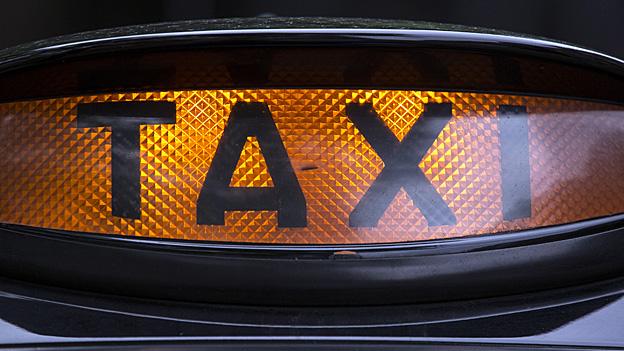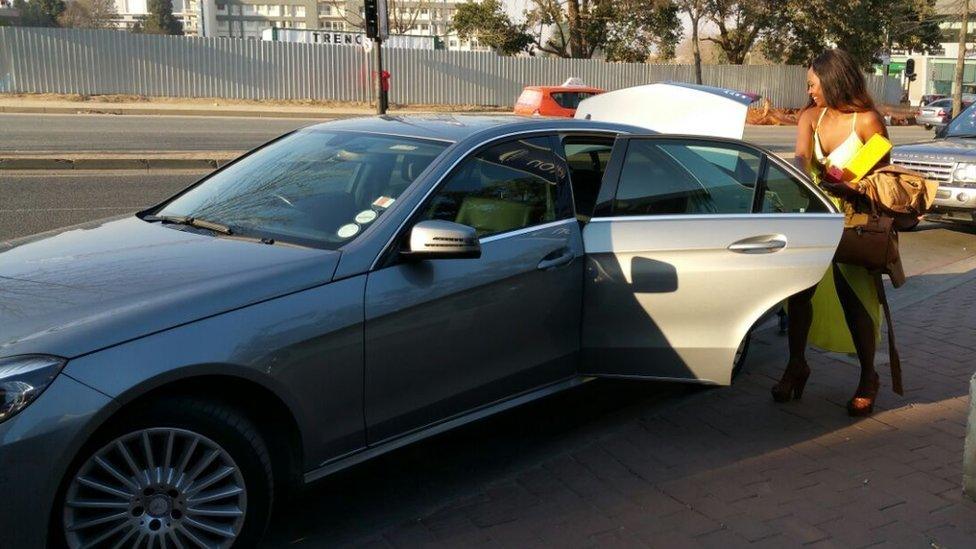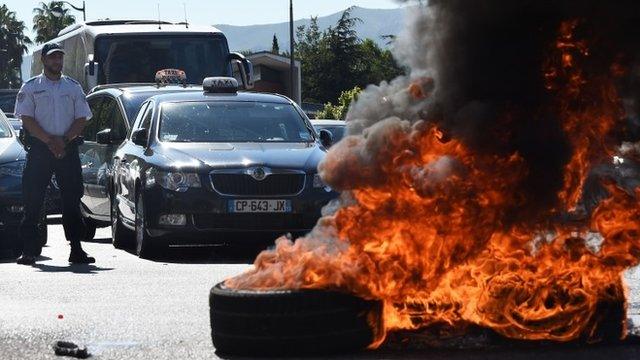New York backs down in Uber fight
- Published

New York City has backed down in a row with taxi hailing app Uber, dropping plans to limit the number of cars it operates in the City.
Instead of the cap, Uber has agreed to take part in a four-month study looking at the impact of its cars on traffic and pollution in the city.
In return, New York said it would not impose a car limit for this period.
The move comes the day before a city council vote, which could have seen the cap imposed.
The deal the city has struck with Uber appears weaker than the legislation in the vote, which called for a 1% cap on the firm's growth in the city and a year-long study.
'Smart and fair'
But New York's first deputy mayor Anthony Shorris, currently in charge while New York mayor Bill de Blasio is away, told the BBC that the deal was a "smart and fair way" to address the issue, which matched the "values and interests of New Yorkers".
"Uber will share information for the study above and beyond what has previously been provided, with safeguards to protect privacy.
"Uber has also agreed to maintain its approximate current rate of growth and not flood the streets with new licenses and vehicles," he added.
In a statement, Uber also said it welcomed the agreement.
"We are pleased new drivers will continue to be free to join the for-hire industry and partner with Uber. Together, we can build an even better, more reliable transportation system," said Josh Mohrer, Uber NYC's general manager.
Since being founded in San Francisco in 2009, Uber has grown into a huge ridesharing enterprise - with services now offered in more than 200 cities.
But in many cities, local cab firms and drivers have staged protests against the service. In New York, complaints have centred around the idea that the firm has become too dominant, overtaking the city's iconic yellow taxis.
- Published15 May 2015

- Published8 July 2015

- Published26 June 2015
